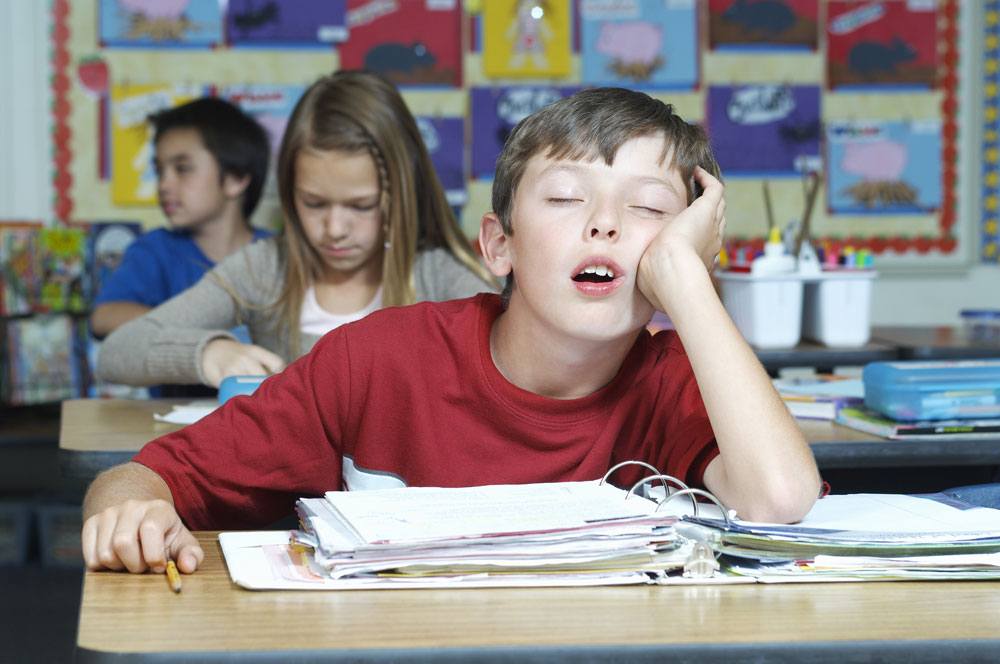The diagnosis’ of Attention Deficit Disorder (ADD) and Attention Deficit Hyperactivity Disorder (ADHD) is skyrocketing among primary care physicians.
Although I am not the first one to get on my soapbox and holler about dietary modifications, supplementing for deficiencies, and lifestyle changes, I have discovered, through more research and even self experimentation, yet another common thread among these wonderful, complex children: Sleep disorders.
According to the data, 25-50% of Attention Deficit Disorder is sleep related. When I ask a parent, “How does he/she sleep?” I will usually get an immediate response because they have been dealing with these issues for years.
- The child sleeps 12 hours per night, yet they are fatigued all day.
- The child wakes up constantly.
- The child has problems falling asleep.
- The child wets the bed.
- The child does not dream regularly, and if he does, he has night terrors.
These are the typical things I hear in the office, and as I’ve learned, they are many times a result of sleep and airway problems. These kids cannot get enough oxygen because many of them have mouths/airways that are not allowing them to breathe properly, therefore, both the quantity and the quality of their sleep suffers.
It is easy to see things like dark circles and drowsiness in these kids, but there are multiple things that can produce those symptoms, so I’ve had some training recently from dentists and orthodontists who are concentrating on airway problems and sleep apnea to identify some physical factors that will allow for proper diagnosis.
These physical characteristics include:
- The child has poor posture with rounded shoulders.
- When looking at the child in profile, their head will jut forward so that the ears are in front of the shoulder instead of being lined up on top of of the shoulder.
- The child may have crowded teeth, indicating narrowed facial structure, which does not allow the tongue to fit correctly in the mouth.
Problems with concentration, inability to settle down and relax, feeling the need for stressful physical activities in order to keep a higher heart rate, and snoring are all considered for objective diagnosis.
Sleep studies are helpful and seeing a dental sleep specialist is a good place to start.
I can say that almost all of the kids I see, whether they are on the autistic spectrum, have depression, or diagnoses such as oppositional defiant disorder, have a sleep issue plaguing them as well.
From what I’ve seen in my office, and judging from all of the research I’ve done, ADD and ADHD have never been caused by a Ritalin deficiency. If you are concerned on any level about your child’s sleep and/or sleep patterns, consider having them evaluated properly. You too can rest easier with more knowledge on your side. With that in mind I have included a link to look at another major cause of attention issues. Best 5 minute presentation I have seen on this subject
Another Hidden Cause of Attention issues
